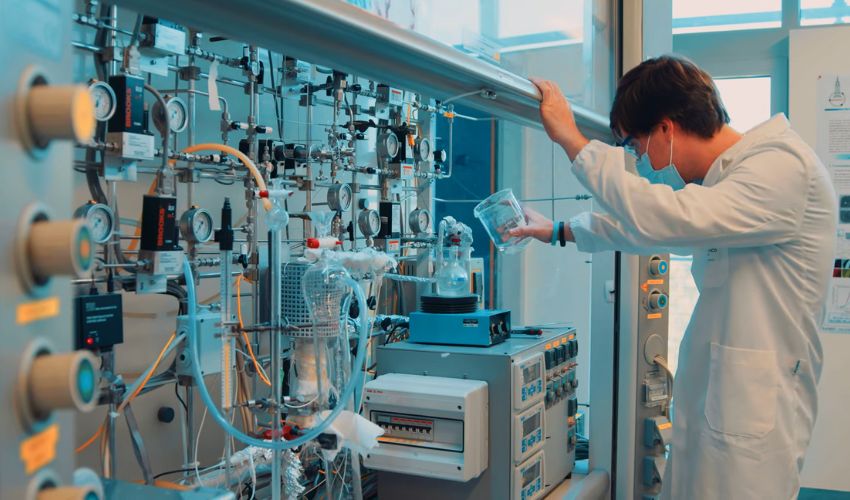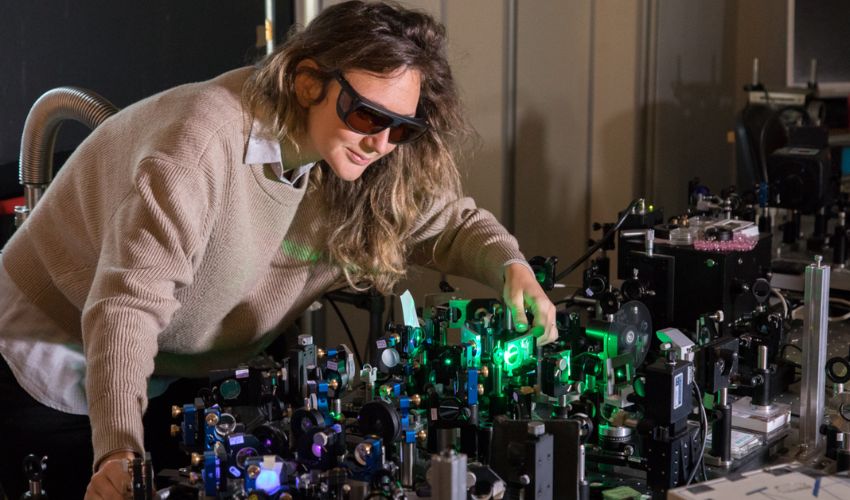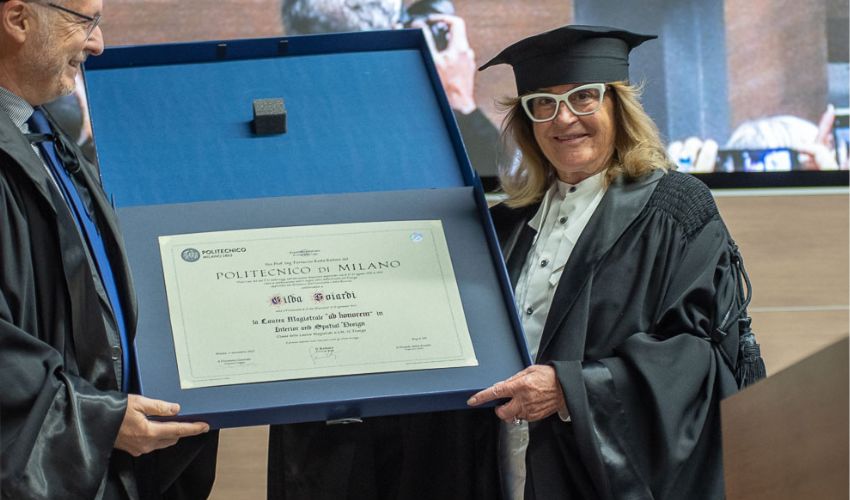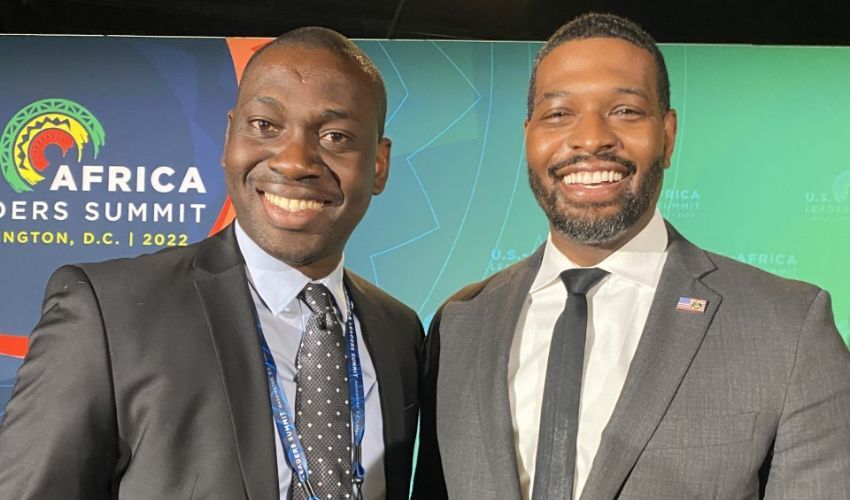
“The measure of intelligence is the ability to change”. Whether it was actually uttered by the great physicist Albert Einstein, or apocryphal, we cannot dispute the clear truth that this maxim contains.
Scientific research, with its tendency to project itself towards the future, is perhaps the field of human knowledge that is most comfortable with change. Evidence based on the scientific method is not afraid to be verified, revised, confirmed, or refuted, even radically. At first glance it might seem a contradiction, but on the contrary, it is the very strength of science that of being able to “change opinion” in the face of the discovery of new results.
The lesson we must draw from this is that of not considering anything as indisputable over time, perhaps taking as a pretence a distorted conception of “culture”, which is by definition human creation, and precisely for this reason very changeable.
One of the last shocks to our securities, we are all experiencing today. Environmental emergencies have undermined the paradigm of infinite growth, putting us in front of the reality of the world, which is neither immutable nor eternal. And scientific research has already made its courageous and necessary choice.
In this issue of Frontiere, we will meet researchers who look to change as a guarantee for the future.

From laser pulses to asteroid research
The Starting Grants of the ERC, the European Research Council, are the funding intended for researchers at the beginning of their career. A coveted recognition that rewards young people with a promising scientific curriculum. In this issue of Frontiere we interviewed two of the researchers at the Politecnico who recently obtained it.
Margherita Maiuri, physicist, who with her ULYSSES project will develop a new platform that exploits optical nanostructures and ultra-short laser light pulses for real-time manipulation of molecular reactions. The possible applications, ranging from photovoltaics to photocatalysis, are directed towards the use of sustainable energy.
Fabio Ferrari, aerospace engineer, thanks to the TRACES project will develop a new methodology for the study of the granular mechanics of asteroids, in microgravity and vacuum conditions. These new instruments will be validated by means of ground and microgravity experiments, using scientific data from NASA and ESA missions.
In the laboratory where the challenges of the ecological transition are faced
We take you to visit the Catalysis and Catalytic Process laboratory of the Department of Energy.
13 professors, about twenty PhD students and post-docs, 3 technicians and a large number of students work around catalysis and catalytic processes with an integrated approach, addressing the main issues and major challenges associated with the energy and ecological transition that will accompany us in the coming years.
PHOTO NEWS

Last November, the Politecnico di Milano awarded an honorary master’s degree in Interior and Spatial Design to Gilda Bojardi, creator, in 1990, of Fuorisalone, the famous Design Week in Italy that has become over the years the most important week of design for creativity, projects and performance at an international level. We made an interview where she told us about his life and career with an open heart.
#IlPOLIMIrisponde – What are the current challenges of hydrogen mobility?
Hydrogen as an alternative fuel for mobility has significant potential to reduce greenhouse gas emissions, especially in the heavy transport sector.
Since 2015, there have been commercial vehicles produced by major car manufacturers that use fuel cells. But why is their spread so slow?
Andrea Baricci, professor of Industrial Technical Physics, explains it to us.

The weaver of networks for climate change
Passionate about renewable energy, Adedoyin Adebodun Adeleke, more familiarly Ade, holds a PhD from the Politecnico di Milano as part of the UNESCO Chair in Energy for Sustainable Development. In a short time, it has won prizes and awards all over the world.
Thanks to his networking work, raising awareness on environmental issues in African secondary schools and intense diplomatic work, he is helping to bring about a real change in the decisions of African politicians and beyond. His message puts young people at the heart of climate policy, as it is they who will see the fruits of the measures taken today.
We met him on one of the rare breaks in Italy, while he was about to leave for Japan.
